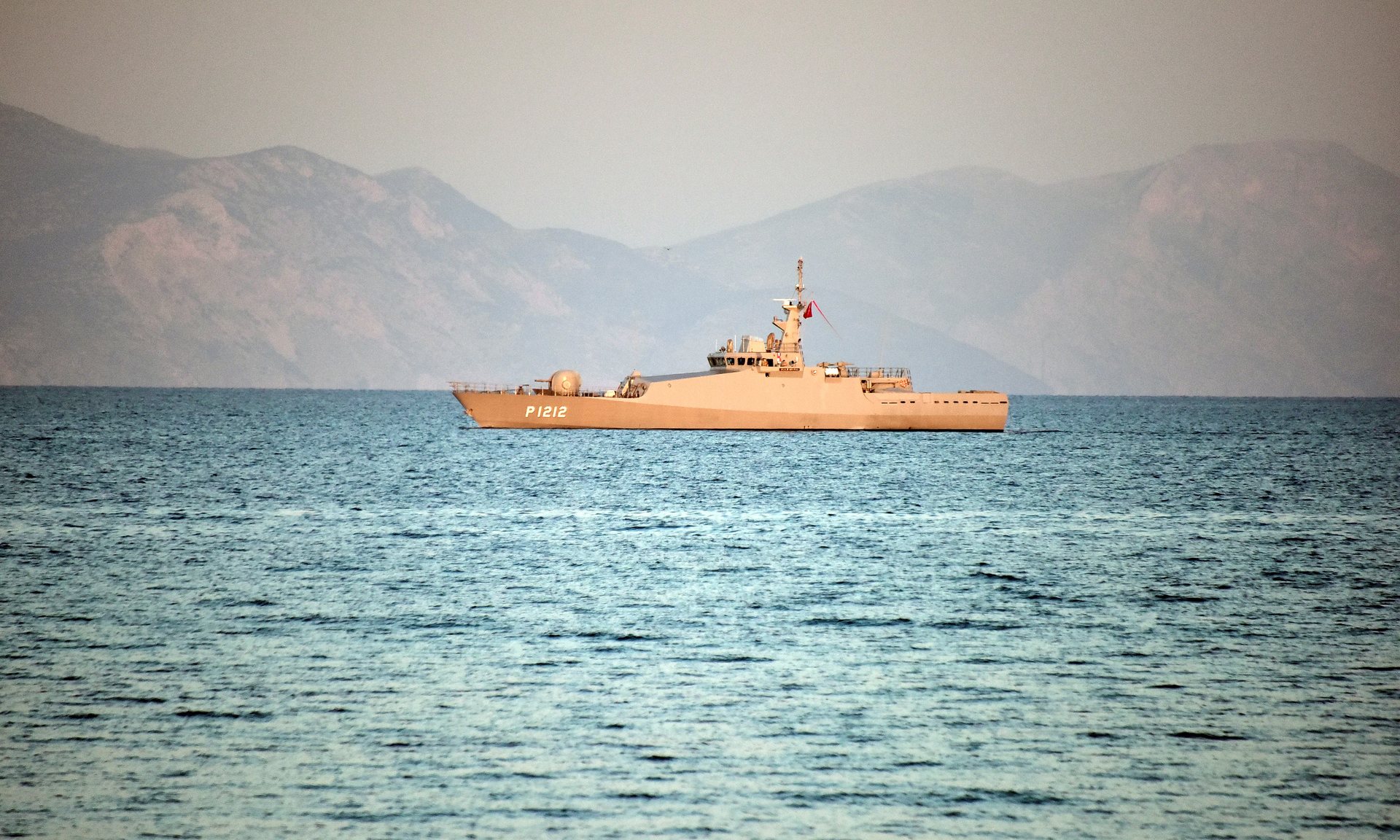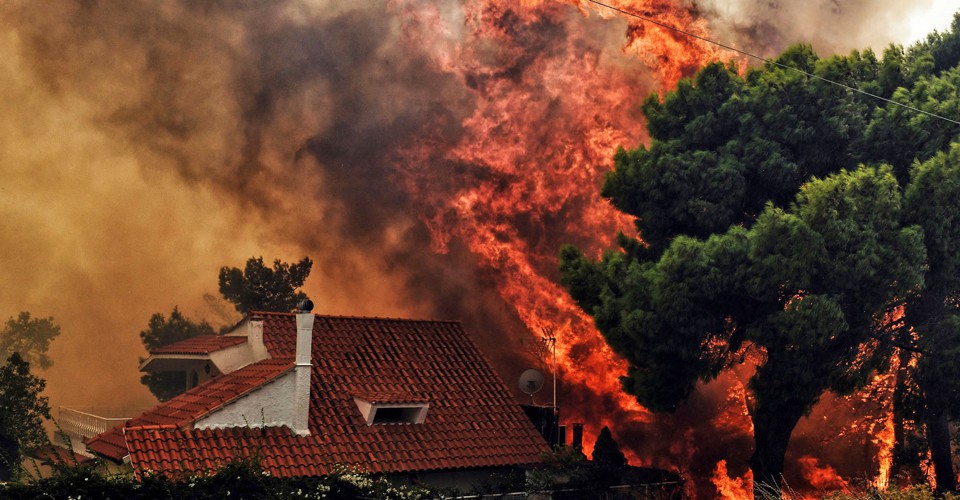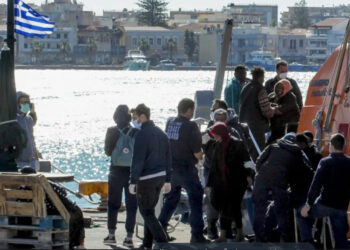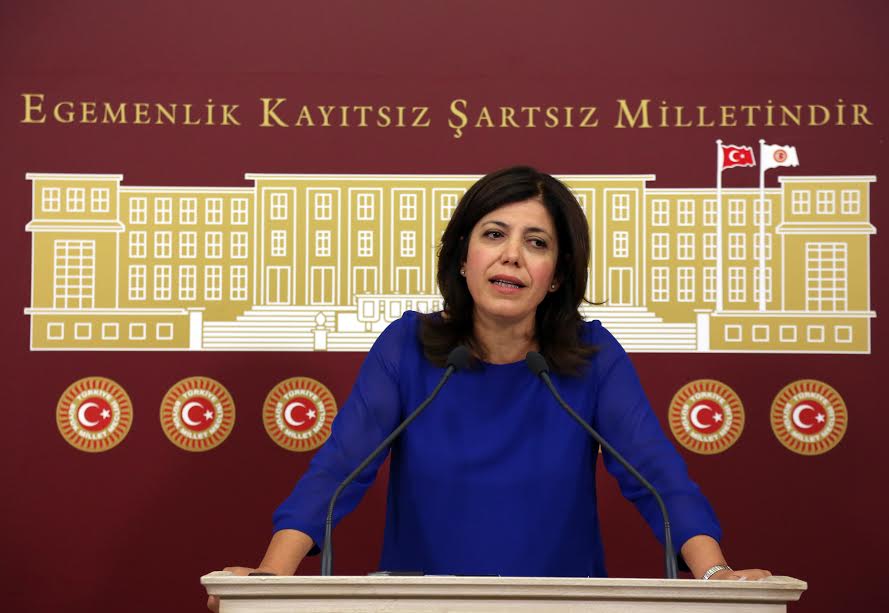Greek islands are favorite vacation spots for affluent Turks. But when they are visited by Turkish military officers, it is a sign of escalating tensions between the two neighbors.
Outraged by Greek courts’ decision to refuse handing over helicopter pilots allegedly involved in a failed military coup last summer, Turkey had vowed to retaliate. This weekend, Turkish army chief Hulusi Akar paid a visit to disputed Greek islets, a voyage designed to poke in the eye of Greek authorities for not extraditing the Turkish helicopter pilots.
Over the weekend, Greek and Turkish naval vessels involved in a brief but dangerous standoff near to a group of islets in Aegean Sea, which have been the source of lasting friction between the two countries, after Turkish boats with top commanders on board sailed around one of the disputed islets just off the Turkish coast.
Accompanied by navy, ground and air force commanders, Mr. Akar visited uninhabited Kardak islets on Jan. 29, the Hurriyet daily news said citing military sources. But Greek side said the Greek warships and boats blocked the Turkish vessels after a brief violation of what Athens says Greek territorial waters.
Turkey and Greece are already locked in a diplomatic dispute over the extradition of 8 Turkish army officers who are accused by the Turkish authorities of plotting to kill Turkish President Recep Tayyip Erdogan during a coup attempt last summer. On Thursday, the Greek Supreme Court in Athens turned down the Turkish demand to extradite coup plotters, triggering a fresh row with Turkey, which threatened to tear a hard-won migration deal with the European Union apart.
That crisis with Greece took a new form and unraveled into a dangerous standoff in Aegean Sea on Jan. 29 when a Turkish navy boat along with two special forces rafts sailed close to Kardak (called Imia in Greek) islets, an uninhabited rocky islet 4 miles away from famed holiday resort town of Bodrum.
Greek coastguard vessels blocked the Turkish vessel and rafts, and warned them about the violation, the Greek defense ministry said about tense moments. It added that the Turkish vessel group left the area 7 minutes after the notification.
The Turkish media and state-run Anadolu news agency said army chief Akar was on board on one of the vessels. The row represents the latest episode in a series of long-running disputes over demarcation issues regarding islands and group of islets in the Aegean Sea.
Bold posture by the Turkish military leadership in Aegean Sea took place on the anniversary of a crisis over Kardak islets in 1996 when two NATO allies came to the brink of a war over territorial sovereignty dispute regarding the islet. Both countries sent submarines and other warships in a muscle-flexing showdown over the islet that only subsided after tremendous pressure from European allies, especially the United States.
Three Greek officers were killed when a naval helicopter from Greek frigate Navarino crashed over Kardak during a reconnaissance mission at the time of the crisis.
Mr. Erdogan last year questioned status quo in Aegean Sea and untangled the historical legacy of Treaty of Lausanne, which settled territorial issues between Turkey and Greece when the Turkish Republic was found after a bloody war between 1919 and 1923.
Erdogan’s irredentist discourse over settled borders with neighbors, Greece and Iraq, unnerved both countries, leading to the revival of fresh debates about some unresolved territorial disputes which have long frozen. In October, Mr. Erdogan said by the Treaty of Lausanne Turkey gave away Greek islands that “you could shout across to,” prompting harsh reaction from the Greek officials.
On Monday, Greek opposition leader Kyriakos Mitsotakis called on Turkey to respect international law and good neighborly relations, Ekathimerini reported.
Mr. Akar’s visit to the area also aimed at sending a clear-cut signal to Greece about Turkey’s fury over the Greek court’s decision to reject Ankara’s demand over extradition of officers. 8 military officers landed in Lesbos with a military helicopter after a putsch attempt by some factions of the Turkish military crumbled on early July 16.
Turkey accuses them of trying to assassinate Mr. Erdogan who was in vacation in holiday resort of Marmaris when the insurrection broke out. The Turkish president then flew to Istanbul after rebel troops were decisively pushed back.
Greece has kept 8 plotters in jail since then. The Greek authorities have rejected asylum application of the Turkish officers while also refused to hand them over to Turkey over the lack of independent and fair trial. The Greek authorities also cited concerns over possible torture and mistreatment of plotters in Turkish prisons.
Turkish helicopter pilots claimed before a Greek court that they were unaware of the coup plot and that they were only following orders.
Turkey has purged 135,000 public officials, including generals, police officers, judges, prosecutors, teachers since the failed coup. Turkey still keeps thousands of military officers, including high-ranking generals in jail.
Turkish Foreign Minister Mevlut Cavusoglu unloaded a wave of tirades against Greece last week when he told state-run TRT that Turkey would retaliate with any possible measures, including ending migrant readmission deal with Greece.
Last year Turkey and Greece signed the deal that oversaw sending migrants illegally entered the Greek islands back to Turkey, a framework that significantly stemmed the flow of refugees towards Europe.























